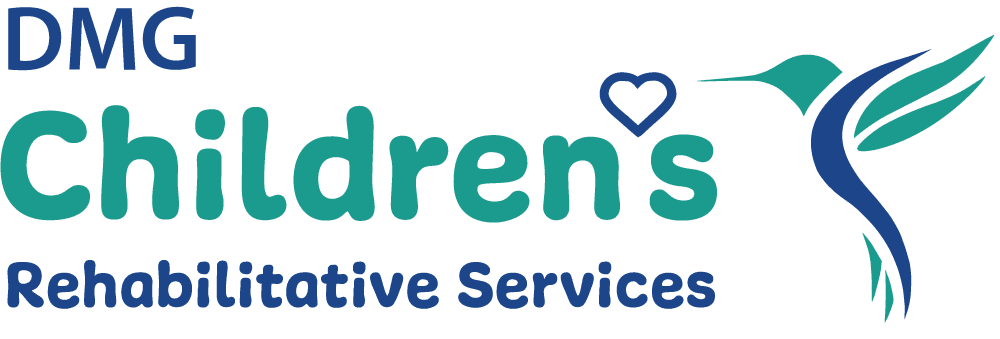Asthma Symptoms and Treatment
What is asthma?
Asthma is a condition that causes airways in your child’s lungs to become swollen and get thinner. An “asthma attack” occurs when the airways become so narrow that your child has trouble breathing. Asthma tends to run in families and has been linked to allergies and obstructive sleep apnea (OSA). Approximately one in every 15 children suffers from asthma, which can occur at any age.
What are the symptoms of asthma?
If your child has any of the following signs of asthma, you should schedule an appointment with a pediatrician or primary care provider:
How is asthma treated?
Once your child’s pediatrician determines that your child has asthma, they will refer you to a pediatric pulmonologist. Together, your child’s pediatrician and pulmonologist will develop a care plan to help you understand and manage your child’s asthma.
As part of the treatment plan, the pediatric pulmonologist may include the following:
Your child’s DMG CRS care team will also help you understand how:
During your child’s asthma appointment, your child may be given the Asthma Control Test (ACT) to see how well your child’s asthma is being controlled. You’ll also want to track how often the following occurs and tell your child’s DMG CRS care team:
Both pediatric primary care providers and pulmonologists work at DMG CRS, so you can rest assured that each medical provider on your child’s care team has easy access to your child’s medical records and are working together to create a personalized treatment plan. Our goal is to make getting treatment and managing your child’s asthma as easy as possible so you can enjoy doing the things you love to do as a family.



